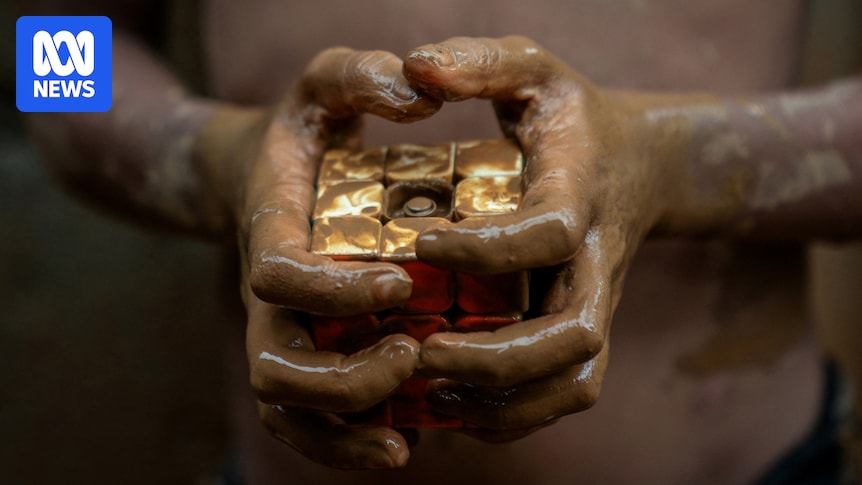Hot days and hot nights dominated much of the country this year in Australia, despite some severe cold snaps during the winter. This resulted in Australia coming away with its second hottest year on record, overall, since 1910, when reliable national data became available.
A staggering 78.9 per cent of the world’s coral reef areas — from the Atlantic to the Pacific to the Indian oceans — have so far been subjected to bleaching-level heat stress.
It included the seventh mass bleaching of the Great Barrier Reef since 1998, and fifth in eight years.
Contemplating an up coming Federal election, I wonder what goes through voters minds when they see all of this ?



I’m most concerned with water flow, because that’s what I can easily note around here. FFS, NW Florida should never go 2-months without rain. Here are examples of the sort of impacts no one thinks on:
2 of 3 swampy ponds at my camp dried out, turned to mud the last 2 summers. Dragonflies lay their eggs there, takes 2 years for the nymphs to mature and fly about. Any dragonfly mama unfortunate enough to have laid eggs in those ponds lost it all. This year I had fewer dragonflies, and guess what, more mosquitoes.
I had to damn off the flow from the top pond to preserve it, which will kill the lower pond next summer. First time I’ve done something like this, we shall see.
If you march south a few hundred meters (damned hard!), you’ll come across streams feeding the main creek. Really beautiful. But you will see where the water is supposed to be by observing the ground. The water ain’t there. There are ancient cypress trees growing too far inland, they’ll die. And BTW, I’ve never seen a single fish, frog or turtle in that wild creek. Ain’t that some shit?